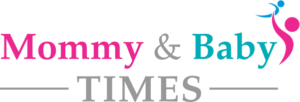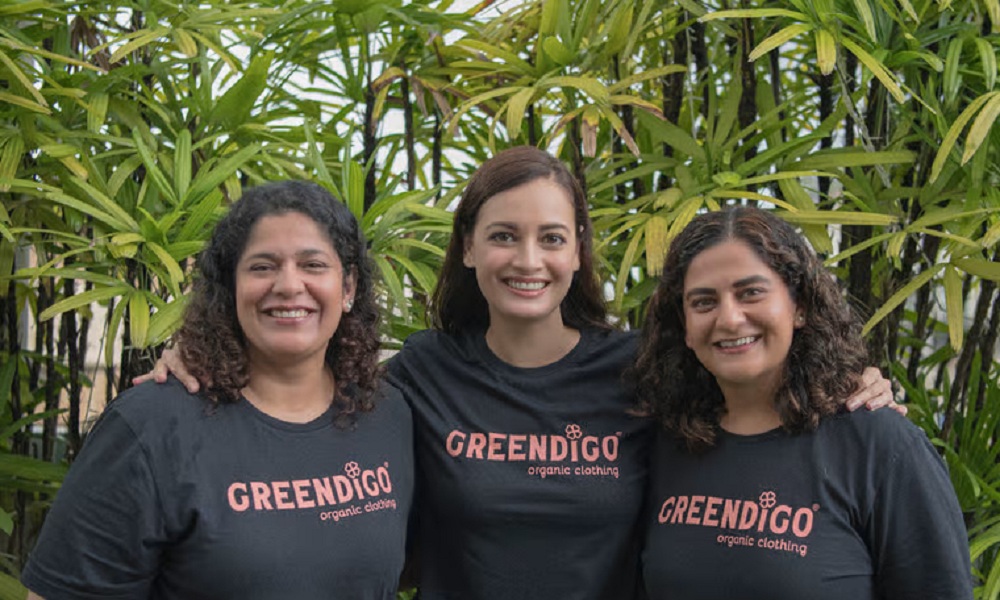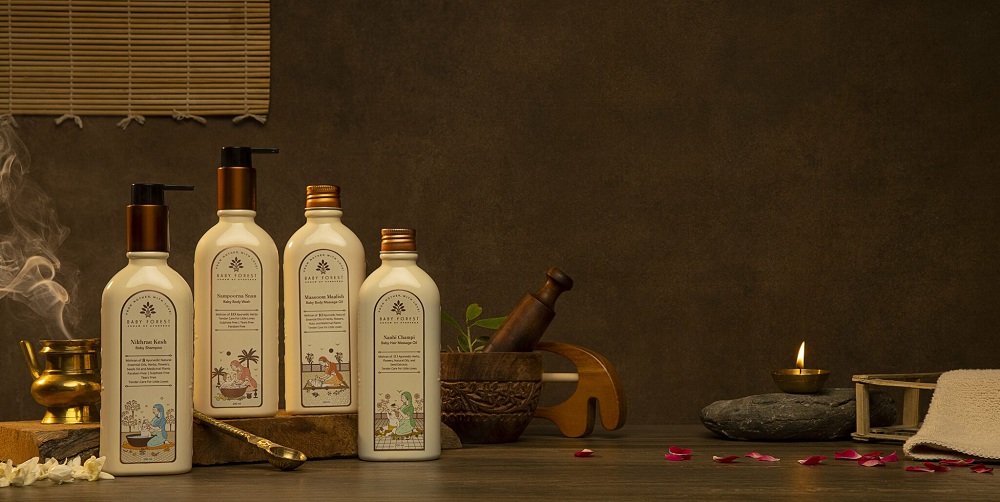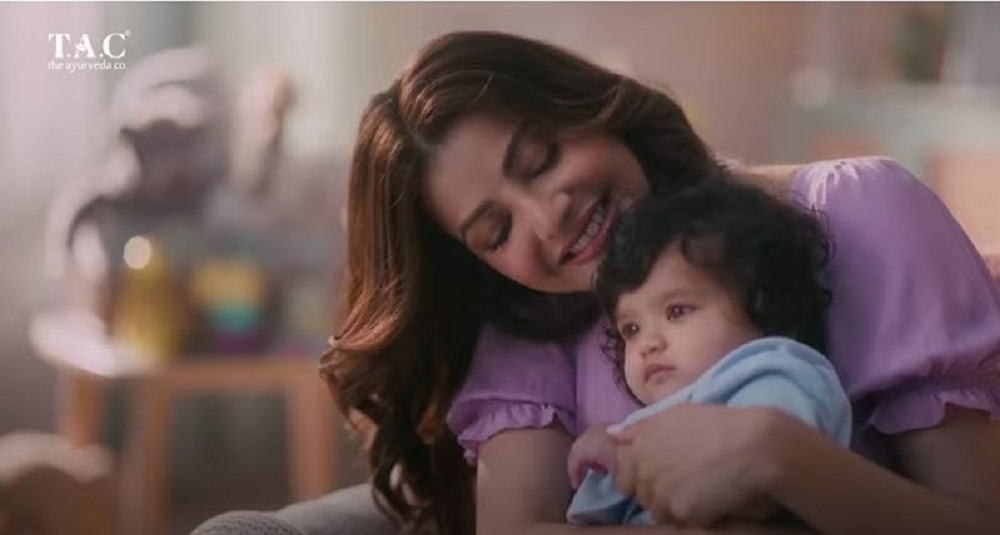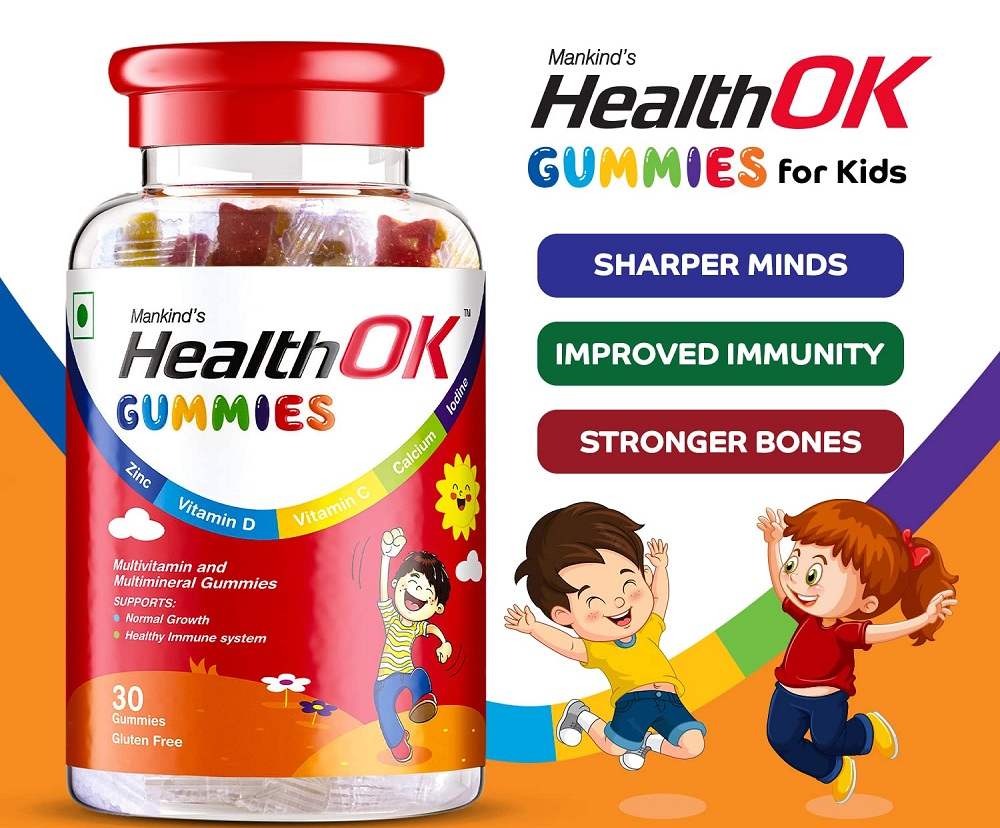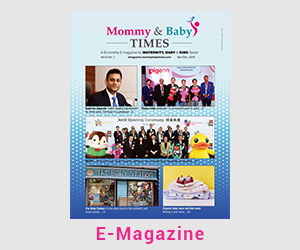The global toy company plans to eliminate all plastic packaging for new products by the end of 2022 and is introducing two new products that will “bring sustainability to family game night.”
March 23, 2021
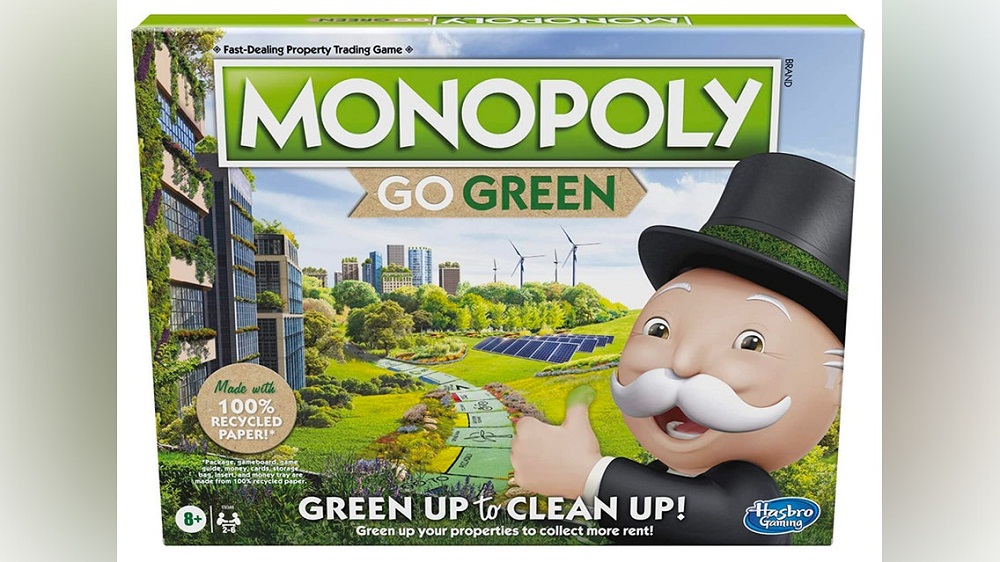
Hasbro, the global play and entertainment company and the creator of iconic toys and games such as –Nerf, My Little Pony, Transformers, Play-Doh, Monopoly, Baby Alive, and Power Rangers, is phasing out plastic from its packaging.
“We’re trying to sell toys, but we’re also trying to genuinely make the world a better place and hopefully preserve some of the resources that this world has left to offer our kids,” said Hasbro’s Ben Kuchler, Director of Product and Package Sustainability.
Kuchler said that in 2018, Hasbro became the first toy company to offer a recycling program for US customers. And through a partnership with TerraCycle, Hasbro recycles the “retired” toys back into things like playground equipment, park benches, and flowerpots. The program was expanded to France, Germany, Brazil, and Canada in 2019, the UK in 2020, and “a bunch of other countries are being planned for the years ahead,” said Kuchler.
According to Jacquie Patterson, Hasbro started its sustainability journey over a decade ago by eliminating tissue paper in shipping cartons, and the polybags used to contain instruction sheets. In 2010, the wire ties that hold toys in place in the packaging were substituted with paper ties. In 2013, PVC in the packaging was replaced with PET, which by 2016 included 40% recycled content. In 2018 Hasbro began switching to bioPET. Patterson said, “Our journey was working toward making continual improvements to our materials and improving our plastic materials.”
The company has also long been working to reduce packaging material and waste in e-commerce packaging and designing packaging for the e-commerce channel. In 2017, Hasbro launched recycle labeling on packaging to help inform North American consumers on how to recycle the product packaging.
Kuchler also added that Hasbro hopes to provide “a sense of leadership within the packaging industry, or at least within the toy packaging industry, to encourage our partners and our competitors to look and see if they can do better as well.”

